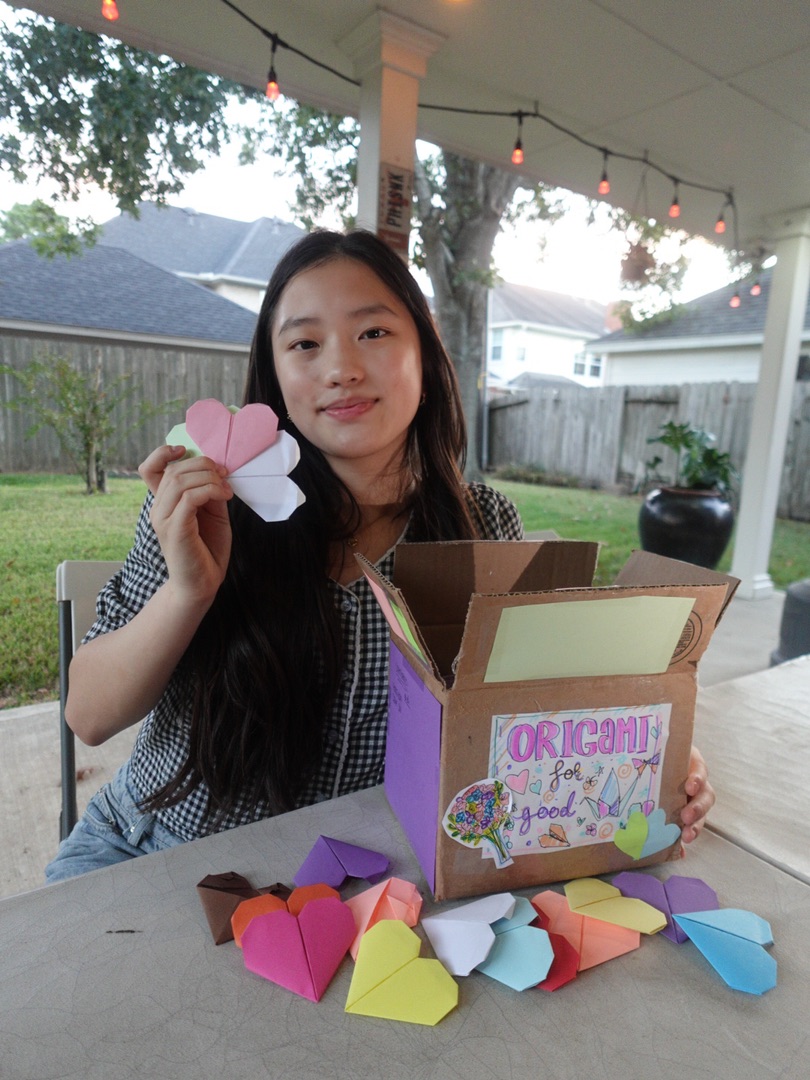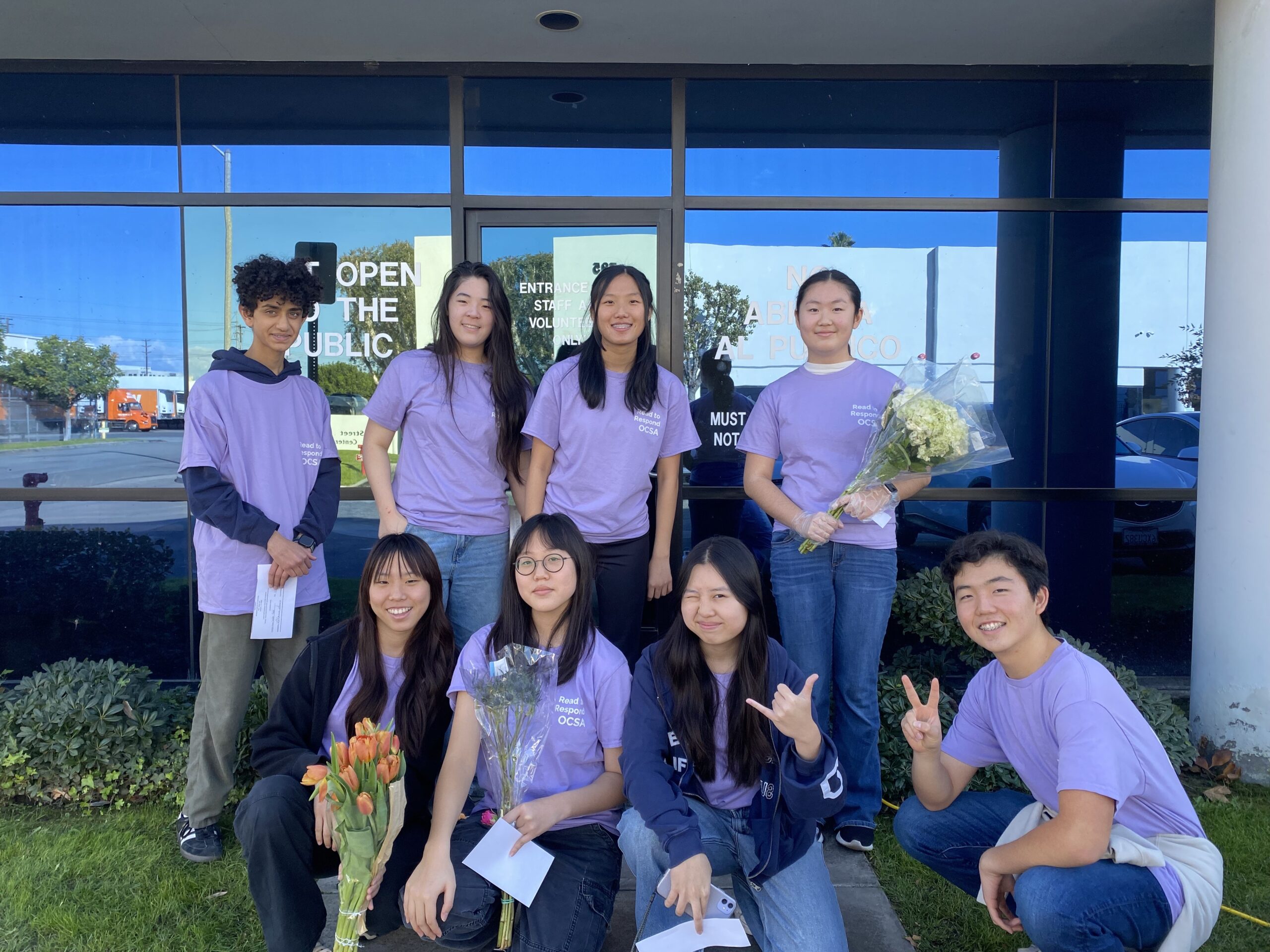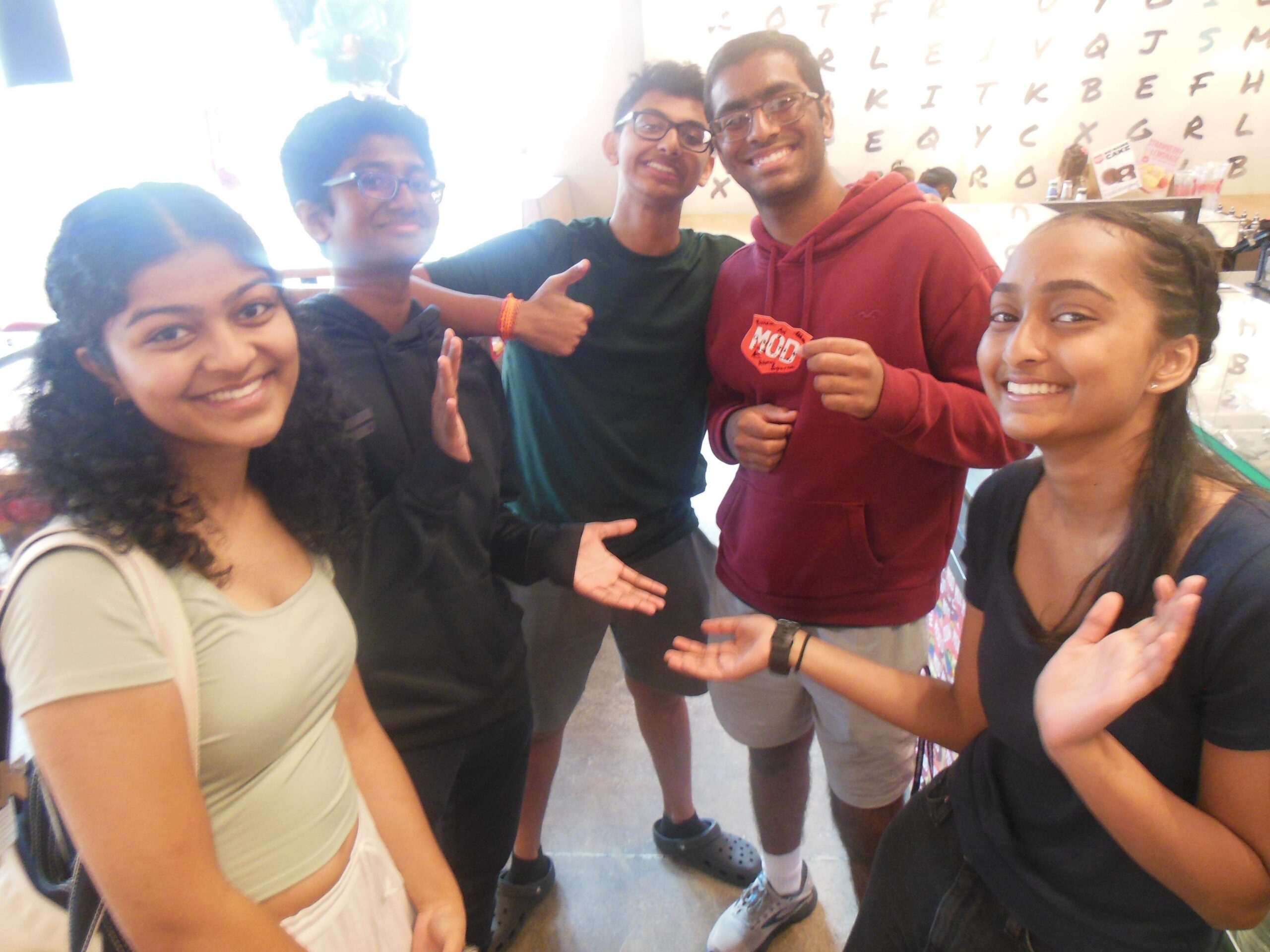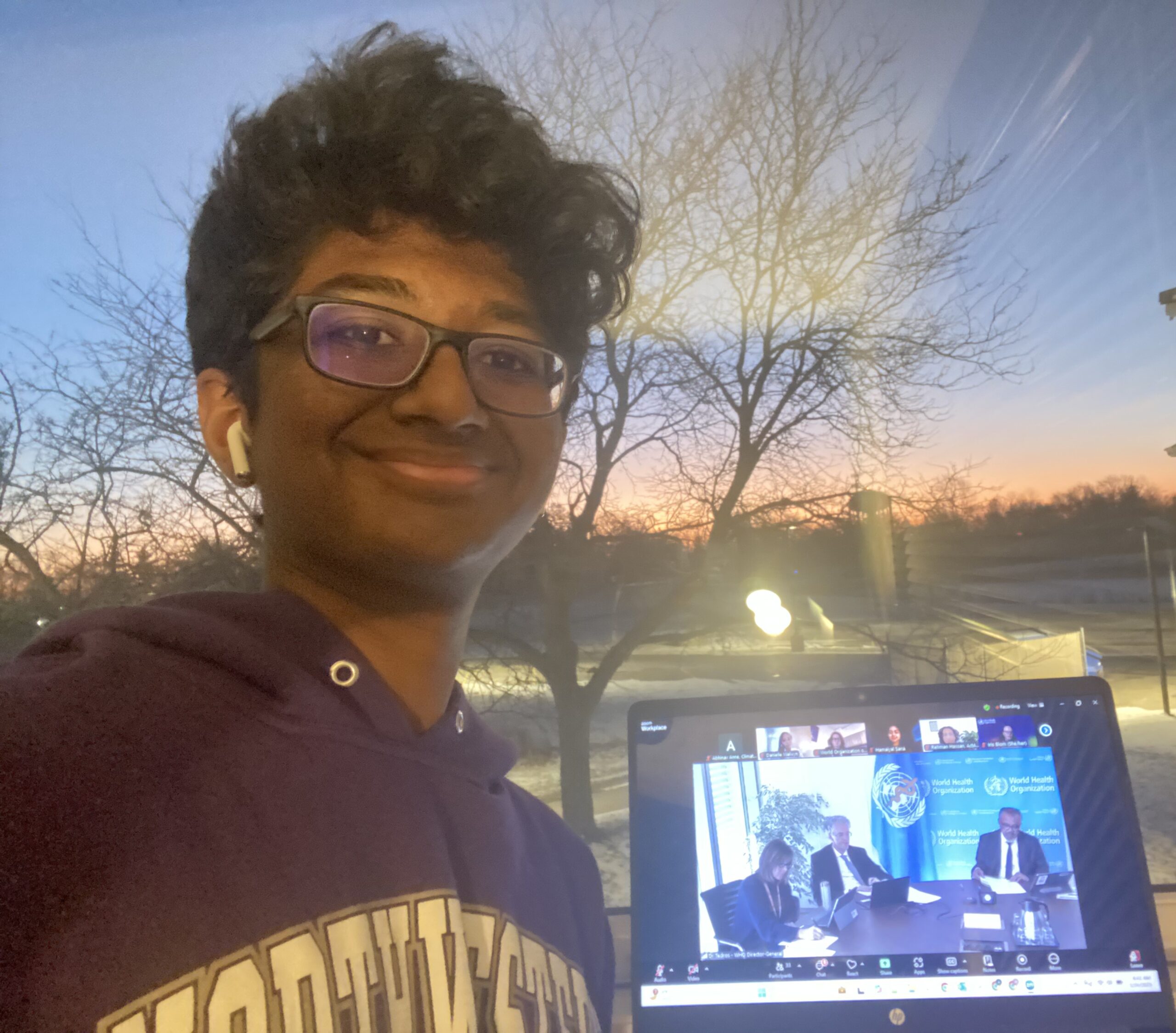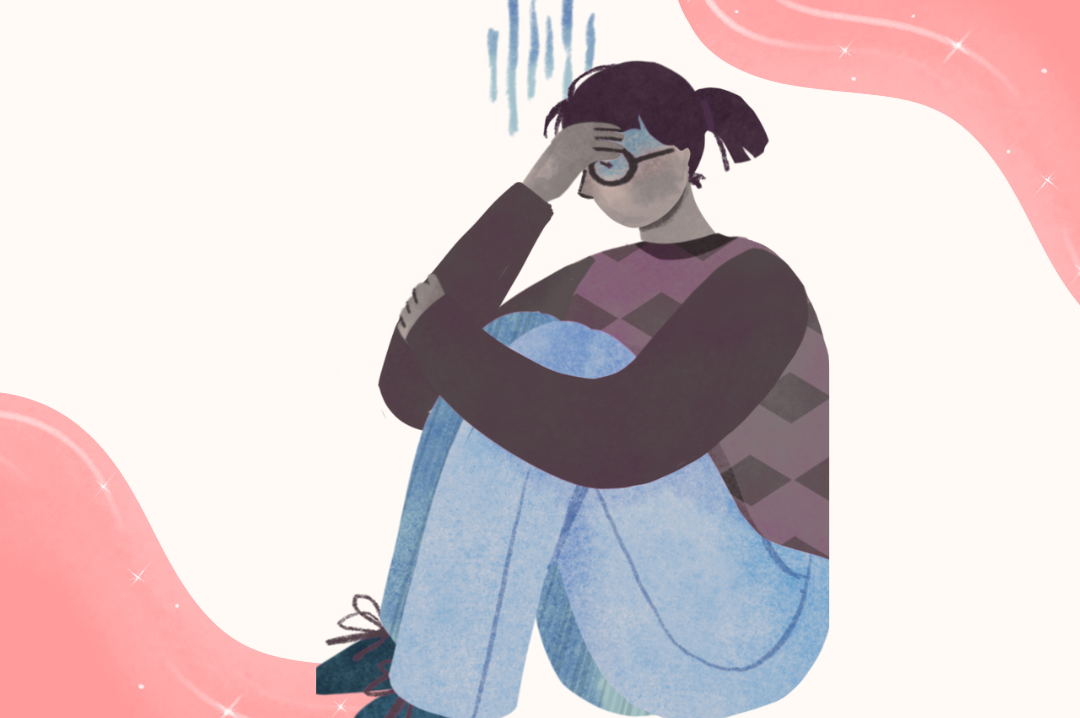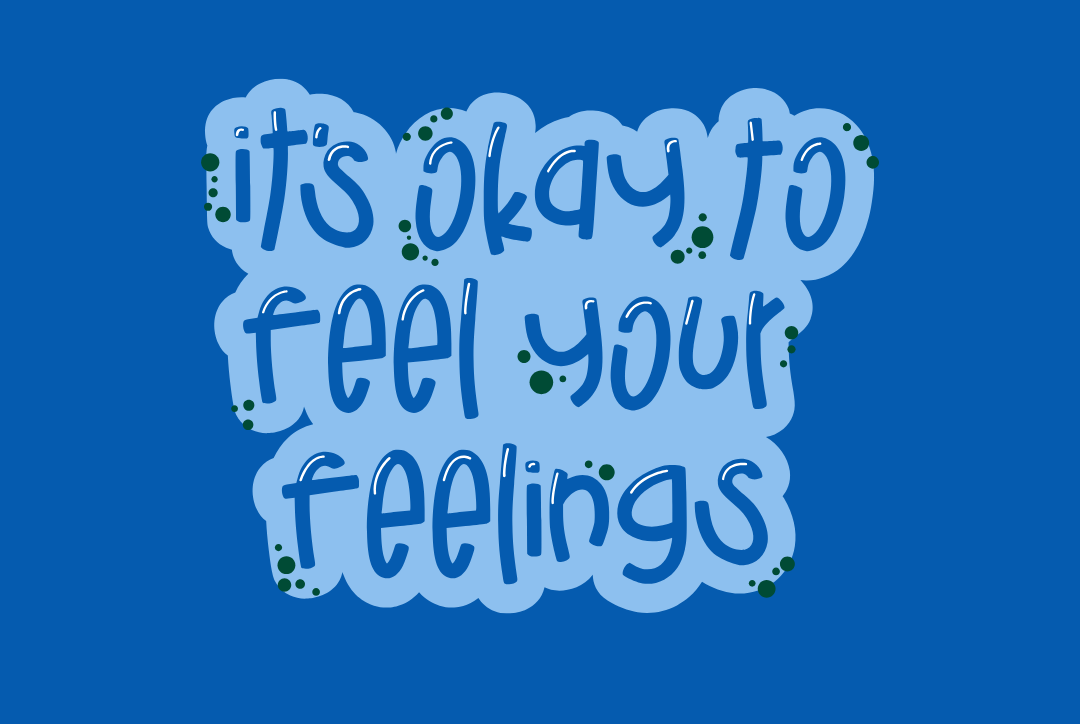“You have two more weeks left to live.”
This wasn’t the gift I had expected on my fourteenth birthday. On a day when I should’ve been celebrating another year, I sat in my doctor’s office, being told I might not get another one.
Anorexia Nervosa. That was the diagnosis I received during the second semester of my eighth-grade year. At the time, I didn’t fully understand how bad I had let it become. But when my doctor explained that my heart rate had dropped to 30 beats per minute—that my organs were shutting down, and I might not survive much longer—I finally understood. The disorder I thought I was in control of had, in reality, been controlling me all along. And now, it was killing me.
I can still vividly remember the puzzled look on my parents’ faces when my doctor uttered this illness. How could their daughter—who once adored family dinners and baking—grow to fear the very thing that had once brought her joy? My family and friends didn’t know how to support me, and the hardest part was that I didn’t know how to help myself, either. At the time, my eating disorder wasn’t just about avoiding meals; it was a way of seeking control amidst the chaos of my life. But ironically, I was never the one in control—the disorder was. It dictated my every thought, decision, and action. Every day I lived under its reign, trapped by rules I didn’t choose, but had no power to break. I spent so long convincing myself I was okay, but hearing that I might not make it to my fifteenth birthday, I could no longer pretend. I now had a choice: let my story end here, or fight to rewrite it.
That moment marked the beginning of what would become a long and difficult road to recovery. Each day felt like a battle — a constant tug-of-war between the part of me that wanted to fall back into my comfort zone and the part that understood I couldn’t continue living like this. Choosing recovery was the hardest decision I’ve ever made, but I’m proud of how far I’ve come. As I fought to find a new identity, I realized I wasn’t just fighting for myself—I was fighting for all the others silenced by this deadly disorder. Through this journey, I found my voice and now use it to change my narrative and help others do the same.
Determined to change the stigma around eating disorders and provide the resources I wished I had, I reached out to the National Association of Anorexia Nervosa and Associated Disorders (ANAD), the oldest nonprofit organization in the U.S. dedicated to supporting individuals affected by eating disorders. Founded in 1976, ANAD is now one of the leading voices in the eating disorder recovery community, offering free peer support services such as virtual support groups, helplines, and educational resources for anyone struggling. After sharing my story with ANAD’s Director of Community Engagement, I expressed my desire to create a platform that would empower young people to share their stories and fight against the stigma in their own communities. From this conversation, the ANAD School Ambassador Program (ASAP) was born: a nationwide initiative designed to empower students to become leaders and bring eating disorder support services and awareness within their school communities.
As both the Program Manager of ASAP and an ambassador myself, I founded my school’s first Eating Disorder Support and Awareness Club (EDSA). Through EDSA, we’ve reached over 100 students, distributed 150+ mental health resource kits, created an activity packet with coping exercises and local hotline contacts, and integrated an official eating disorder resource page into our school’s counseling website. What started as a single conversation has now grown into a network of over 20 ambassadors across 14 states, all working to dismantle the stigma surrounding mental health—one voice at a time.
 Recovery hasn’t been easy, but every tear, every moment of doubt, and every struggle has shaped me into the person I am today. While my eating disorder may always be a part of my past, it is no longer the driving force of my present. I hold the pen now, and the story I’m writing is not of fear but of strength, change, and empowerment.
Recovery hasn’t been easy, but every tear, every moment of doubt, and every struggle has shaped me into the person I am today. While my eating disorder may always be a part of my past, it is no longer the driving force of my present. I hold the pen now, and the story I’m writing is not of fear but of strength, change, and empowerment.
To anyone reading this, feeling trapped in your own story, please know: your story isn’t written in ink. You have the power to turn the page and shift the next chapter’s direction. Change doesn’t start with a megaphone—it begins with every small voice that chooses to speak up. Your voice is your most powerful tool, and the courage to speak is the first step in rewriting your story. When you share your story, you’re not only changing your narrative, but you’re also giving a voice to those who are silent, inspiring them to speak up too.
If you or someone you know is struggling with an eating disorder, please know that help is available. The National Association of Anorexia Nervosa and Associated Disorders (ANAD) is led by trained peer support volunteers who have lived experience with an eating disorder themselves and are now helping others in their recovery. You can reach them at 1-888-375-7767, Monday through Friday, from 9 AM to 9 PM EST.












